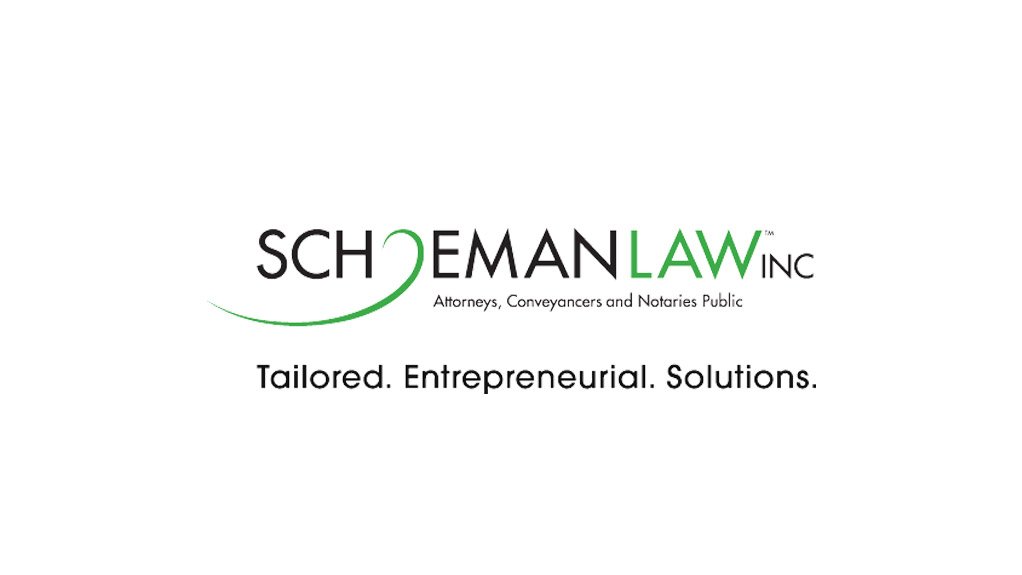In Contango Trading SA v Central Energy Fund SOC Ltd (533/2019) [2019] ZASCA 191, the appeal was against a decision of the Western Cape High Court dismissing two interlocutory applications in terms of Rule 30A of the Uniform Rules of Court seeking to compel two state entities to discover documents following their refusal, when requested to do so in terms of Rule 35(12).
The respondents refused to disclose the requested material referred to in the founding affidavit and annexures. The appellants then brought ‘compelling’ applications in terms of Rule 30A in the high Court to obtain the documents. Glencore's notice, however, was aimed not only at securing the documents requested in terms of Rule 35(12), but also documents that were said to have been mentioned in, but omitted from the record. Its Rule 30A notice aimed to secure those documents as well.
Under Rule 35(12) any party, who refers to a document in their pleadings or affidavits, must produce it upon receipt of a notice calling upon it to do so unless the document is irrelevant, privileged or cannot be produced. In general any reference to a document – even if not by name – triggers the entitlement to claim its production.
In this case the respondents resisted production of the legal review on two grounds. First, they said that the review referred to a process and not to a document as envisaged in Rule 35(12); and, secondly, they claimed that the process was in any event privileged.
Waiver of privilege
In Harksen v Attorney-General:
‘The requirements for an implied waiver of legal professional privilege are, firstly, that the privilege holder must have full knowledge of his rights and, secondly, that he must have so conducted himself that, objectively speaking, it can be inferred that he intended to abandon those rights.
The Court found that there is no automatic waiver as a result of a partial disclosure. Nor is fairness an independent ground for holding that there has been a waiver of privilege. The Court therefore concluded that the legal advice privilege attaching to them was not waived and therefore appellants were not entitled to an order for their production.
Conclusion
Carefully constructed court papers and representation in such cases are vital in avoiding a situation disclosing sensitive information unexpectedly. Contact an expert at SchoemanLaw for assistance.
Written by Nicolene Schoeman-Louw, Managing Director, Schoeman Law
EMAIL THIS ARTICLE SAVE THIS ARTICLE ARTICLE ENQUIRY
To subscribe email subscriptions@creamermedia.co.za or click here
To advertise email advertising@creamermedia.co.za or click here











